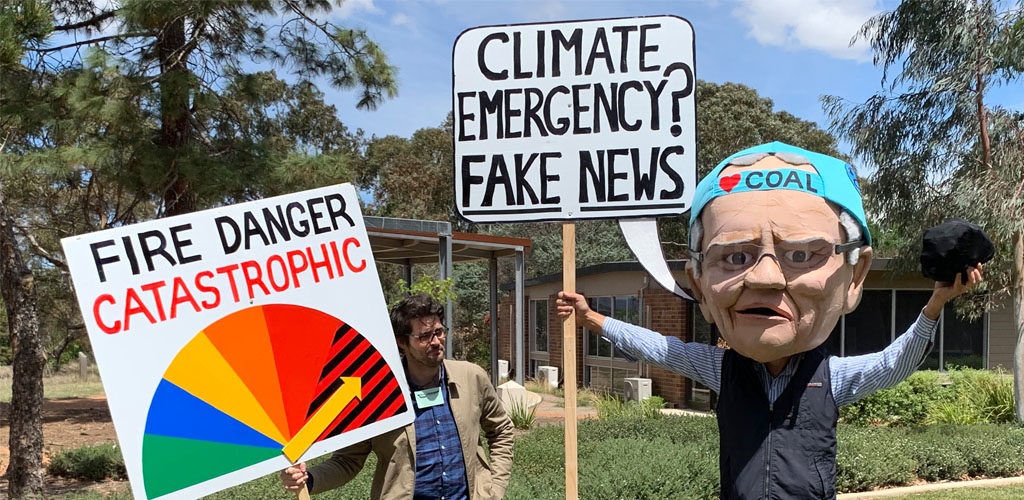The Australian Religious Response to Climate Change (ARCC) held their first annual conference at Canberra’s Australian Centre for Christianity and Culture from 8 to 10 November.
Some 120 people attended the conference, which featured Professor Lesley Hughes, school strikers, and skilled activists. They included Christians, Buddhists, Muslims, and members of other faiths.
Dr James Whelan, lecturer, researcher and environmental activist, spoke on the subject of how to create a faith network to tackle the climate emergency. He told the conference that the ARCC needed to play to its strengths and clarify what its strengths and weaknesses were.
Dr Whelan argued that we can learn from prior social movements for causes such as land rights, whaling, smoking, and AIDS/HIV, among many others. These diverse movements, he contended, showed the need to be strategic. When asked to identify what was strong about ARRCC, participants identified its creativity, courage, shared values, and access to existing networks, among other strengths.
Drawing on data from the NCLS, The Uniting Church’s Dr Miriam Pepper told the conference that the majority of church people accepted that climate change is happening, but rated taking action on environmental issues relatively low on the social and religious issues that they prioritised. This, she said, places a challenge before ministers and church leaders to press the point.
Dr Pepper said that Australian Churches were undertaking a range of actions when it came to climate change and that community gardens, solar panels and climate signs outside were becoming quickly associated with churches.
Professor Hughes also spoke about the interrelationship between environment, society, lifestyle and civilisation itself. She argued that people needed to stop talking about “the environment” as an isolated entity. Instead, she suggested that activists frame climate change in terms of its impact on our way of living and the very existence as the human race.
Rev. Dr John Squires said in an entry on his blog An Informed Faith that the event had been “a most intense but very useful experience.”
Read Rev. Elizabeth Raine’s reflection on the conference here.
Jonathan Foye is Insights’ Editor













